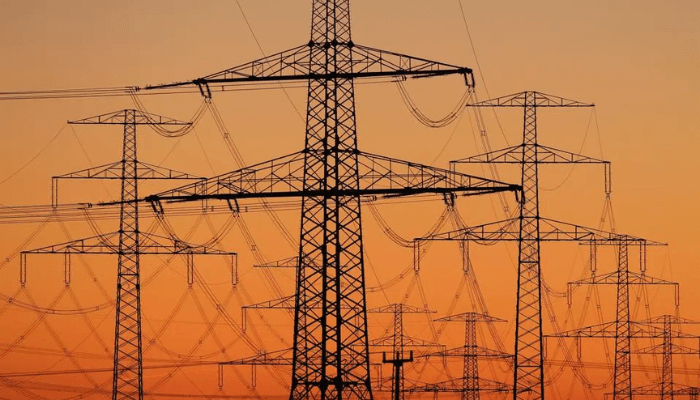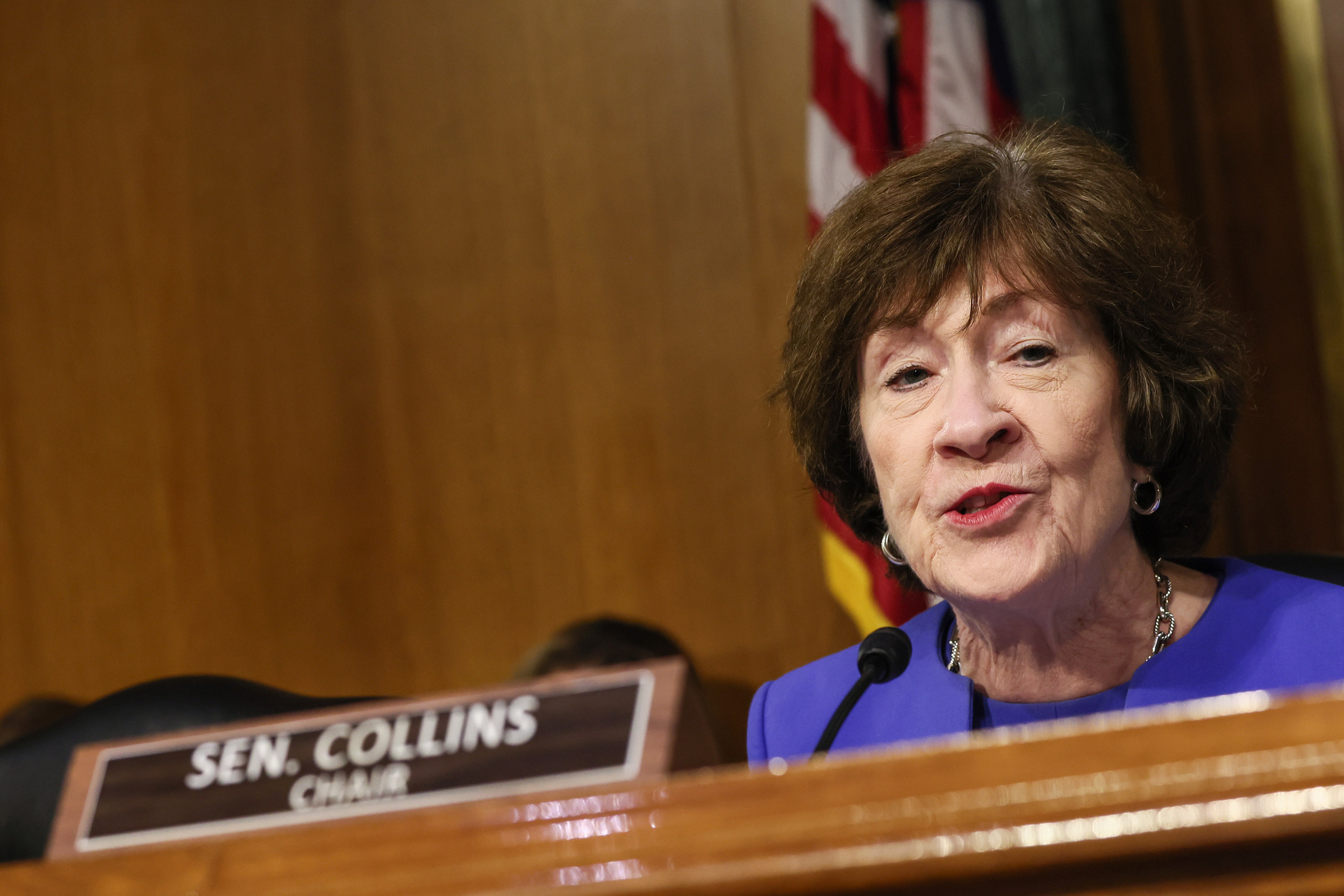By Dipo Oladehinde
Copyright businessday

Nigeria’s fragile electricity grid faces a fresh wave of uncertainty after thermal power producers received directives from their gas suppliers to prepare for shutdowns, following escalating tensions between organised labour and industrial operators.
Joy Ogaji, managing director and chief executive officer of the Association of Power Generation Companies (APGC), confirmed that notices had been served to gas-dependent power producers to halt operations. According to her, the Nigeria Gas Infrastructure Company Ltd (NGIC) has formally communicated to generation companies (GenCos) that supply flows will cease in line with union directives.
“Thermal GenCos have received notification from our gas suppliers to shut down our thermal power plants following directives from PENGASSAN. NGIC has specifically requested GenCos to do so,” Ogaji told BusinessDay.
She warned that the development portends serious risks to the stability of the national grid and the broader economy.
“The implication is that only Hydros can generate electricity if gas is cut off. We appeal to the government to urgently intervene and resolve this, as it threatens our businesses and could push the power sector into a deeper crisis,” Ogaji added.
The directive stems from deepening hostilities between the Petroleum and Natural Gas Senior Staff Association of Nigeria (PENGASSAN) and industrial giant Dangote Group, whose oil refining and gas ventures have been at the centre of recent disputes. Union leaders allege unfair treatment and regulatory disregard, insisting that their members’ rights are being trampled.
While PENGASSAN argues that it is defending the legitimate interests of its members, experts warn that its chosen tactics carry potentially devastating consequences. Disruptions to gas supply, the backbone of Nigeria’s thermal power generation, risk plunging millions of homes and businesses into darkness.
Nigeria currently derives about 70 percent of its electricity from gas-fired power plants, with hydropower contributing the rest. Any significant interruption in gas supply could collapse grid stability, trigger prolonged blackouts, and further erode investor confidence in Africa’s largest economy.
Wumi Iledare, a petroleum economist and principal facilitator at the FUPRE Energy Business School, cautioned that halting energy flows in this manner is not a simple “switch-off” but a destabilising action with ripple effects across government revenues, industrial output, and household welfare.
“Strikes in critical energy infrastructure act like an invisible tax on the nation, raising costs for everyone and discouraging badly needed investment,” Iledare said in a commentary shared with BusinessDay. “The grievance that no man is bigger than the country is valid. Yet the remedy must come through the rule of law and strong institutions, not disruptive tactics that risk plunging citizens into deeper energy insecurity.”
Nigeria’s power sector has long grappled with structural inefficiencies, ranging from weak transmission networks to liquidity shortfalls that leave GenCos underpaid. Gas producers, too, struggle with debts owed by the power sector, estimated at hundreds of billions of naira. The current standoff adds yet another layer of instability.
For thermal GenCos, gas is not just fuel but the lifeblood of operations. Shutting plants for extended periods not only undermines revenue but also risks damaging sensitive turbines and eroding operational capacity. Industry insiders warn that restarting mothballed plants after a stoppage could require costly repairs.
“This is not just about electricity shortages today,” one GenCo executive told BusinessDay on condition of anonymity. “It is about the long-term viability of our plants. Once these machines are forced offline, the financial and technical costs of resuming operations are immense.”
Analysts argue that the situation highlights the need for stronger institutional frameworks under the Petroleum Industry Act (PIA), which was designed to foster stability and accountability in Nigeria’s oil and gas sector.
“Where rights are breached, regulators must enforce compliance under the PIA. Where misunderstandings exist, transparent mediation between labour, operators, and government should prevail,” Iledare emphasised.
Experts said prolonged disruption in gas and power supply could worsen the productivity crisis facing industries already burdened by high input costs.
Manufacturers, who rely heavily on electricity to sustain operations, fear that power cuts will force them back to diesel generators at a time when global oil prices remain volatile. Small businesses and households, meanwhile, would face longer blackouts and higher costs for alternative energy sources.
“This is exactly the kind of shock Nigeria cannot afford right now,” said a Lagos-based economist. “Energy insecurity feeds directly into inflation and unemployment. It sends the wrong signal to investors and undermines the government’s economic recovery agenda.”
Stakeholders across the spectrum are urging restraint and renewed dialogue. Civil society organisations have warned that weaponising essential services like gas supply risks alienating public sympathy for labour unions, even among workers who share their concerns.
Business leaders have also appealed to both PENGASSAN and Dangote Group to seek compromise.
“Nigeria’s petroleum economy cannot afford repeated shocks,” Ogaji said. “The way forward is to keep essential energy flows stable while resolving disputes through due process. No union, company, or individual should be greater than the Nigerian state.”



